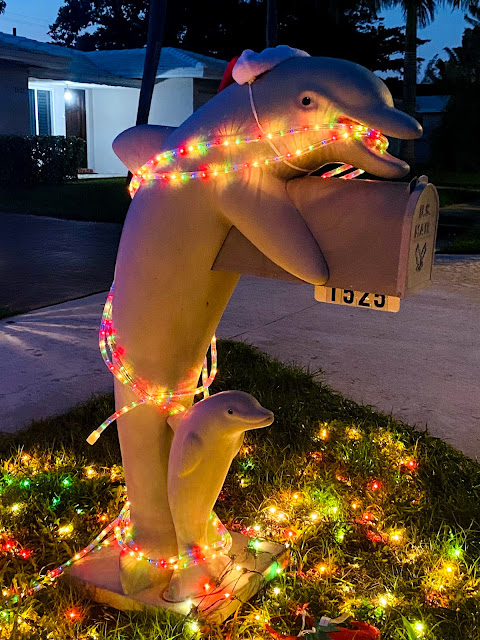My increasing passion for Elena Ferrante's quartet makes me wonder once again if I have a "feminine sensibility." This series speaks to me as few books have done, maybe since I read The Portrait of a Lady by Henry James, up to now my favorite novel. Somehow, she has managed to write a feminist potboiler that thoroughly depicts women's feelings and frustrations at different stages in their lives. Her saga also persuasively details how thoroughly the past anchors our present.
Imagine the thrill of finally being "seen" by a man, especially one you have loved since childhood, who has articulately defended your first novel AND who stands up to your clueless intellectual husband.
Then turning to Pietro he [Nino] said: “You should leave your wife more time.“
“She has all day available.“
“I’m not kidding. If you don’t you’re guilty not only on a human level but also on a political one.”
“What’s the crime?“
“The waste of intelligence. A community that finds it natural to suffocate with the care of home and children so many women’s intellectual energies is its own enemy and doesn’t realize it.”
I waited in silence for Pietro to respond. My husband reacted with sarcasm.
“Elena can cultivate her intelligence when and how she likes, the essential thing is that she not take time from me.”
“If she doesn’t take it from you, then who can she take it from?“
********
Tell me you haven't felt like this before a date with someone you really like.
So Nino had come with his wife; I was terrified by the comparison. I knew what I was like, I knew the crude physicality of my body, but for a good part of my life I had given it little importance. I had grown up with one pair of shoes at a time, ugly dresses sewed by my mother, makeup only on rare occasions. In recent years I had begun to be interested in fashion, to educate my taste under Adele’s guidance, and now I enjoyed dressing up. But sometimes—especially when I had dressed not only to make a good impression in general but for a man—preparing myself (this was the word) seemed to me to have something ridiculous about it. All that struggle, all that time spent camouflaging myself when I could be doing something else. The colors that suited me, the ones that didn’t, the styles that made me look thinner, those that made me fatter, the cut that flattered me, the one that didn’t. A lengthy, costly preparation. Reducing myself to a table set for the sexual appetite of the male, to a well-cooked dish to make his mouth water. And then the anguish of not succeeding, of not seeming pretty, of not managing to conceal with skill the vulgarity of the flesh with its moods and odors and imperfections.
********
Ferrante also nails exactly why women should have absolute control over their own bodies:
Men, dazed by pleasure, absent-mindedly sow their seed. Overcome by their orgasm, they fertilize us. They show up inside us and withdraw, leaving, concealed in our flesh, their ghost, like a lost object.




























